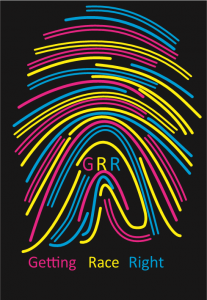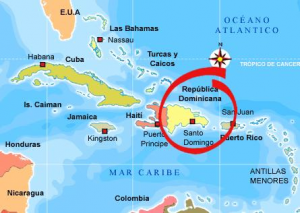
I spent a summer in the Dominican Republic, back in college, with a church mission group. I missed the entire bicentennial celebration of 1976, but I did see pictures of the tall ships in New York Harbor in a copy of Time Caribbean.
Six of us students and a retired missionary nurse, a lovely woman, lived in a working-class neighborhood in Santiago, worshiping in the local church, teaching Bible school, giving health lessons, etc. My Spanish was passable, at best. Imagine the reaction of the kids when I told the story of the loaves and fishes—pan y pescado—but said “pan y pecado” instead. Look it up. That one little ‘s’ makes a big difference.
We hadn’t been there more than a week when we were awakened one morning at 6:00 by long, loud, mournful wails from next door. Clearly something tragic had happened, so someone whose Spanish was better than mine went next door to inquire and offer our condolences. Turns out it was the one-year anniversary of the death of a family member, and everyone was gathering to remember. That’s when I realized that Dominicans weren’t Americans who spoke Spanish instead of English. It was a different culture, with a different way of being.
Dominicans are much more interracial than we are, with a wide variety of skin colors, hair textures, and facial features, mixed and matched in interesting, often beautiful, ways. But I couldn’t help but see that the people in the barrios and on the buses were darker-skinned, and those in the big houses with the fancy cars were pretty light. What a shame, I thought. I came back to the States at the end of the summer and started looking at the U.S. in a very different way.
For most of us, learning to care about racial justice begins with a personal experience, something that matters to us, something that forces us to ask questions about things we previously had taken for granted. As we saw in the section on Stages of Identity Development, sometimes it starts when we are at the receiving end of prejudice or discrimination. Sometimes, it’s getting to know someone from a different background, and learning from the experiences they have had. Sometimes it’s simply seeing old things with new eyes.
However it starts, being anti-racist is, necessarily, a personal commitment. I trust you will find something interesting, something of use, in the stories and the research in this section.



Thank you for sharing!
I love this idea.
Have a useful really.